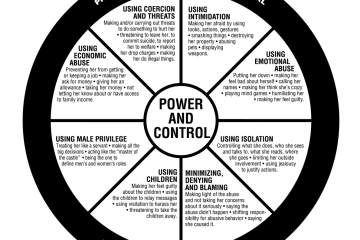The Importance of Self Esteem: Building a Healthier Mindset

Introduction
Self esteem is a crucial aspect of our mental well-being and overall quality of life. It refers to the perception we hold of ourselves, encompassing our beliefs, thoughts, and feelings about our abilities and worth. High self esteem often correlates with a more positive outlook on life, contributing to better mental health and improved relationships. Conversely, low self esteem can lead to anxiety, depression, and a negative self-image, making it essential to understand and nurture this important psychological trait.
The Current State of Self Esteem
Recent research suggests that levels of self esteem among individuals have varied in the post-pandemic world. According to a study published in the Journal of Psychology, 62% of adults reported a decline in self esteem during the latter part of 2022, with influences from social media, economic uncertainty, and personal challenges being significant contributors. Furthermore, younger generations, particularly those aged 18-24, are experiencing heightened insecurity due to constant comparisons exacerbated by social media platforms.
Factors Influencing Self Esteem
Several factors can influence self esteem positively or negatively:
- Social Interactions: Supportive relationships can bolster self worth, while negative or toxic relationships can diminish it.
- Achievements and Failures: Successes tend to enhance self esteem, whereas repeated failures or criticisms can harm it.
- Media Representation: Unrealistic portrayals in media create false standards of beauty and success, impacting individuals’ perceptions of themselves.
Improving Self Esteem
Fortunately, self esteem can be cultivated and improved over time. Some strategies include:
- Positive Self-Talk: Engaging in constructive and affirming internal dialogues can reshape how individuals view themselves.
- Setting Realistic Goals: Achievable goals can help build confidence and a sense of accomplishment.
- Mindfulness and Self-Compassion: Practicing mindfulness allows individuals to remain present without self-judgment, and self-compassion fosters a kinder relationship with oneself.
Conclusion
In conclusion, self esteem plays a pivotal role in mental health and overall life satisfaction. As we navigate the complexities of modern life, cultivating a healthy self image should be prioritized. By understanding the factors influencing our self esteem and actively engaging in practices that promote a positive self-view, we can enhance our mental well-being and improve our interactions with others. It is never too late to embark on the journey of self-discovery and self-acceptance, making it a fundamental aspect of personal growth.








